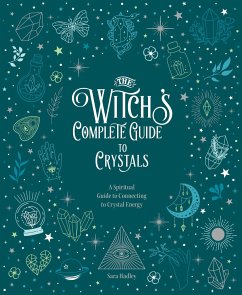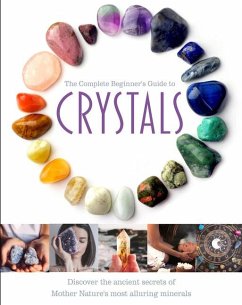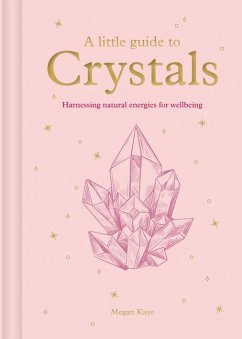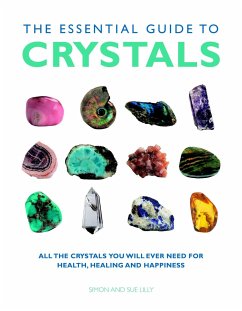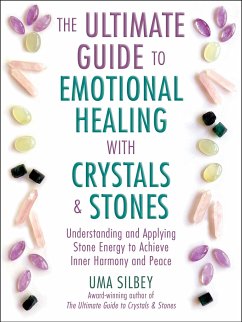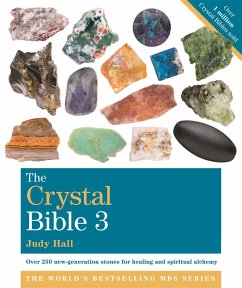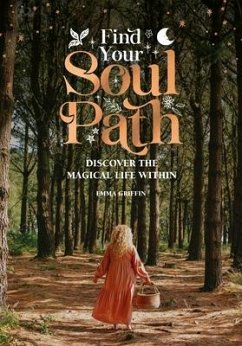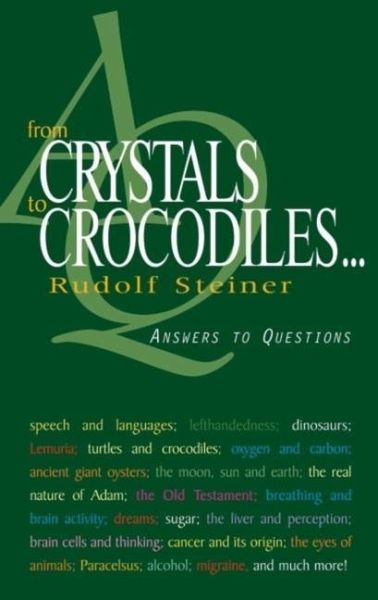
From Crystals to Crocodiles . . .
Answers to Questions (Cw 347)
Herausgeber: Seiler, Sabine; Barton, Matthew / Übersetzer: Reuter, Joachim

PAYBACK Punkte
10 °P sammeln!
The Remarkable Discussions in these two volumes took place between Rudolf Steiner and workers at the Goetheanum, Switzerland, who chose the varied subject-matter. The astonishing nature of his responses the questions -- their insight, knowledge, and spiritual depth -- is testimony to his outstanding ability as a spiritual initiate and teacher. Accessible and stimulating, the records of these sessions are both entertaining and profound. In From Crystals to Crocodiles, Rudolf Steiner discusses speech and languages; lefthandedness; dinosaurs; Lemuria; turtles and crocodiles; oxygen and carbon; an...
The Remarkable Discussions in these two volumes took place between Rudolf Steiner and workers at the Goetheanum, Switzerland, who chose the varied subject-matter. The astonishing nature of his responses the questions -- their insight, knowledge, and spiritual depth -- is testimony to his outstanding ability as a spiritual initiate and teacher. Accessible and stimulating, the records of these sessions are both entertaining and profound. In From Crystals to Crocodiles, Rudolf Steiner discusses speech and languages; lefthandedness; dinosaurs; Lemuria; turtles and crocodiles; oxygen and carbon; ancient giant oysters; the moon, sun, and earth; the Old Testament; the real nature of Adam; breathing and brain activity; dreams; sugar; the liver and perception; brain cells and thinking; cancer and its origin; diabetes; the eyes of animals; Paracelsus; alcohol, migraines, and more.





